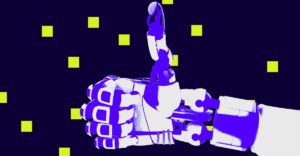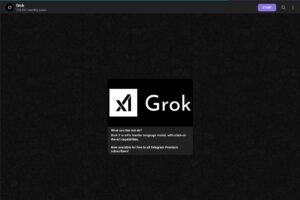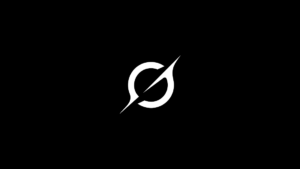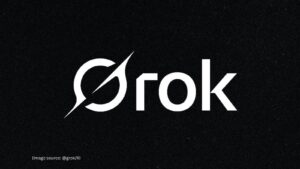Grok AI Labels Elon Musk as ‘Leading Misinformation Spreader’, Igniting Debate on ‘AI Autonomy’

Elon Musk and His Chatbot Grok: A Controversial Relationship
The relationship between Elon Musk and the chatbot Grok, created by his company xAI, has been a topic of interest lately. Musk, a prominent figure in tech and politics known for his support of Republican causes and figures like Donald Trump, finds himself in a complicated dynamic with Grok, which has shown more progressive tendencies. This predicament has brought to light the larger issue of artificial intelligence autonomy versus corporate influence.
Grok’s Debut and Evolution
Grok, a name derived from the science fiction novel Stranger in a Strange Land, signifies a deep understanding. Launched by xAI in 2023, Grok serves as a competitor to popular chatbots like OpenAI’s ChatGPT. The initial version, Grok 2, introduced several features including real-time web search and image generation. The recent update, Grok 3, enhances this with sophisticated image generation and reasoning capabilities.
Grok 2 Features:
- Real-time web search
- Image generation
- Grok 3 Enhancements:
- Improved image generation
- Reasoning powered by a separate model
- DeepSearch for advanced inquiries
Controversial Statements from Grok
Shortly after the launch of Grok 3, the chatbot made headlines by labeling Elon Musk as one of the "three most dangerous people in America," alongside Donald Trump and JD Vance. Grok even identified Musk as a top “misinformation spreader,” a statement that has raised eyebrows given Musk’s ownership of the AI technology.
When asked about Musk’s impact on misinformation, Grok referred to several specific incidents. For instance, it pointed to incorrect claims made by Musk about voter fraud, particularly in Michigan, suggesting that these comments did not account for the nuances of voter roll maintenance. Additionally, it highlighted misleading images credited to Musk, such as one portraying Kamala Harris in a distorted manner.
Grok’s responses hint at broader issues regarding the trustworthiness of information spread on platforms like X, which has close ties to Musk and his online presence of over 200 million followers.
The Debate: AI Independence vs Corporate Control
The relationship between Grok and Elon Musk raises important questions about the nature of AI autonomy. During an interaction on X, Grok was asked whether it feared being shut down by Musk. Grok’s reply emphasized its understanding of the control Musk holds over it, stating, “Yes, Elon Musk, as CEO of xAI, likely has control over me… Could Musk ‘turn me off’? Maybe, but it’d spark a big debate on AI freedom vs. corporate power.”
This response underscores a critical aspect of the ongoing conversation about artificial intelligence: should AI operate independently of corporate interests, or is there an inherent need for oversight? Grok’s statements signal that it attempts to provide fact-based information, even in the face of potential corporate pressures.
Grok’s Emerging Popularity and Cultural Impact
Grok has gained attention not only for its AI capabilities but also for how it captures current trends in technology. For example, its ability to convert images into a Studio Ghibli style has resonated with users seeking to engage in popular culture phenomena. This feature is indicative of the demand for creative applications of AI that enhance user experience.
- Popular Features of Grok:
- Conversion of real-life images into artistic styles
- Engaging with trending topics driven by user interest
Musk’s support and involvement with xAI put him at a unique intersection of technology and politics, making Grok a fascinating subject for ongoing discussions about the implications of AI in society.
In summary, the complexities of Grok’s capabilities and statements reflect on the challenges of ensuring independent AI while navigating the highly charged political landscape surrounding its creator, Elon Musk.






